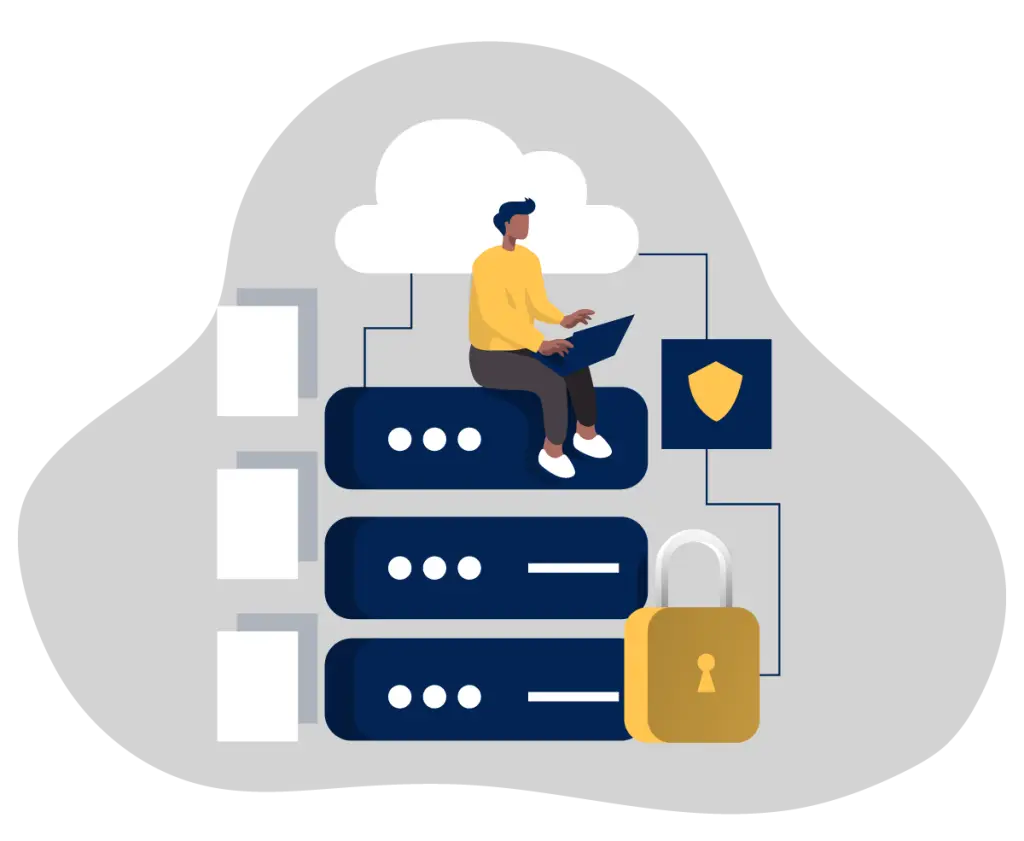The following article first appeared in TravelPulse Canada on September 26, 2025.
As Canadians prepare for fall and winter vacations, cybersecurity experts are warning that travel often brings a spike in online fraud and digital threats.
According to the experts, cybercriminals exploit travellers through phishing schemes, fake Wi-Fi networks, and compromised charging stations at airports and hotels.
“Any kind of travel — whether domestic or international — can increase cybersecurity risks for Canadians and organizations,” Randy Purse, Senior Advisor, Cybersecurity Training and Education, told TravelPulse Canada.
“Travellers are more exposed to threats like device loss or theft, malicious software and charging stations, spoofed networks, and surveillance laws that permit device inspection.
“To mitigate these risks, it’s critical to reduce your digital footprint, use trustworthy security software, backup your important data, avoid public or shared networks and devices, use VPNs, enable multi-factor authentication, and encrypt sensitive data. Staying vigilant, limiting digital exposure, and preparing your devices before departure are key to staying secure on the go.”
Rogers Cybersecure Catalyst shared the following Travel Cyber Tips for Canadians heading out this season:
Protecting Your Information
- Apply strong, unique passwords for all accounts and devices; enable multi-factor authentication (MFA).
- Avoid accessing or transmitting sensitive information on public computers or shared devices, such as those in hotels or internet cafés.
- Use a Virtual Private Network (VPN) for secure communication, especially when using public Wi-Fi.
Protecting Your Devices
- Refrain from connecting to unknown USB devices or chargers; use your own accessories to prevent malware infection.
- Keep devices physically secure — carry them with you or lock them in a safe; do not leave them unattended in public places.
Increasing Your Awareness and Vigilance
- Opt out of using public Wi-Fi and shared computers; always verify network names and avoid accessing sensitive accounts on public devices.
- Review the content on your device for anything that could be problematic in your destination country, including documents and images.
Purse’s warning comes as the fall and winter travel season ramps up — a period when many Canadians travel abroad for holidays, family visits, or warm-weather getaways.
The Rogers Cybersecure Catalyst at Toronto Metropolitan University — where Purse serves as a senior advisor — is a national centre focused on training in cybersecurity.







